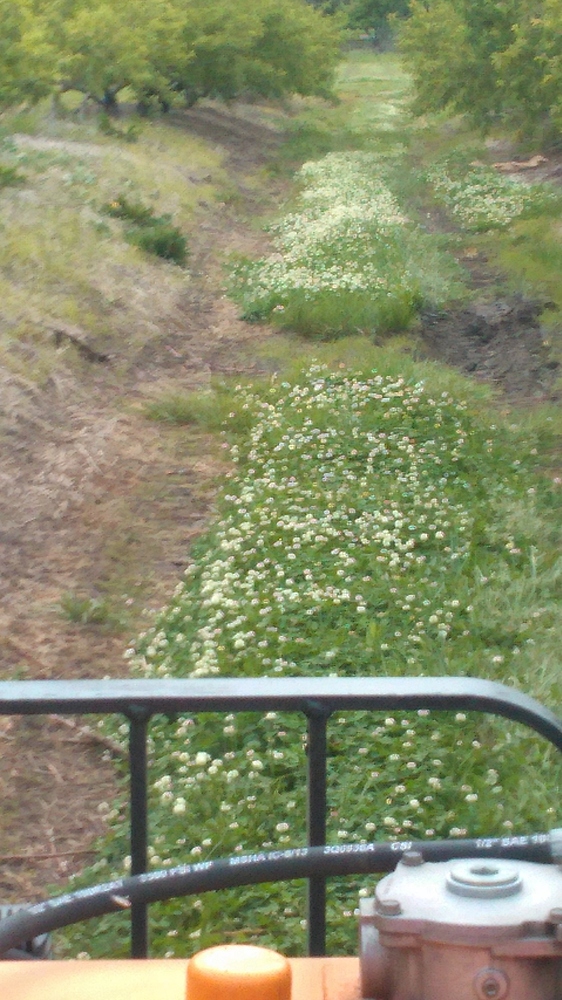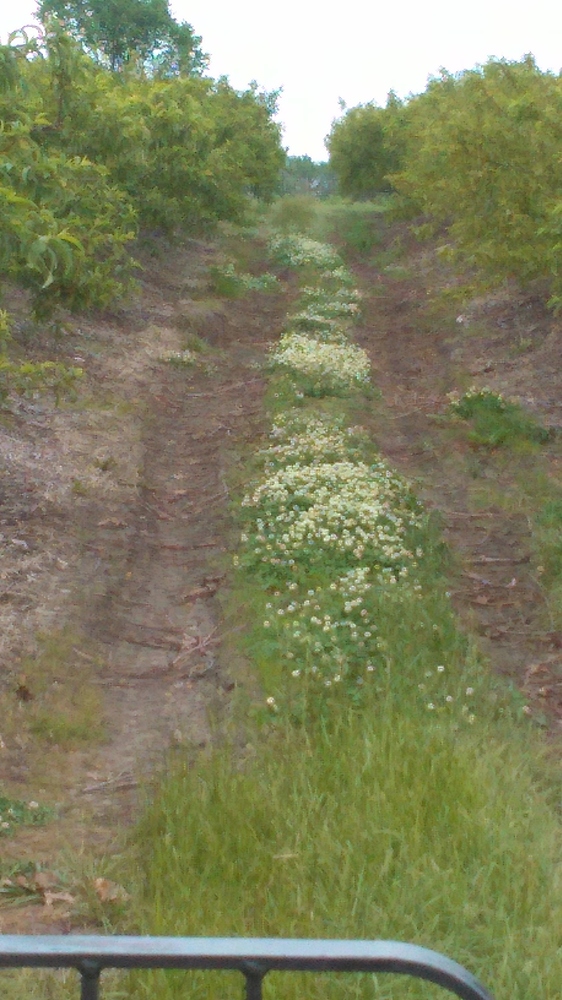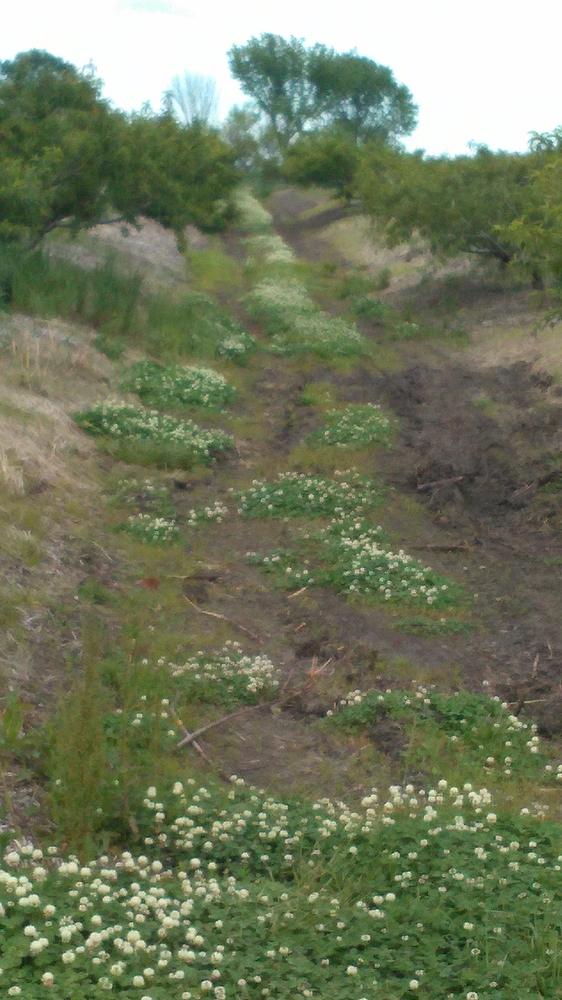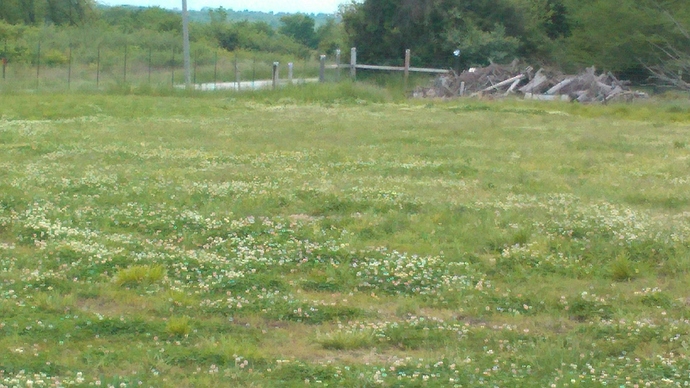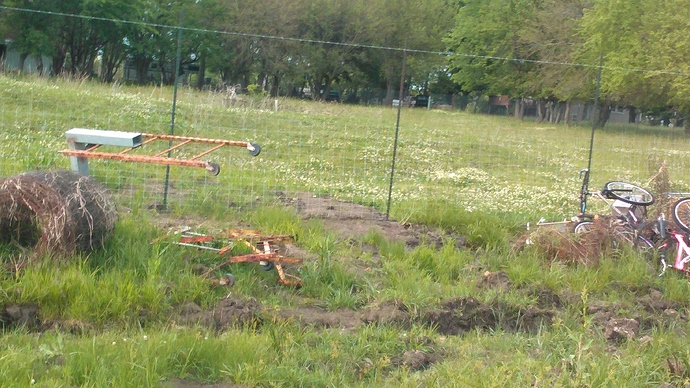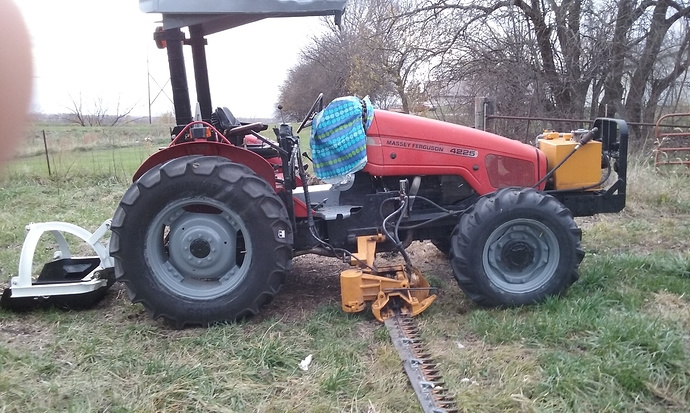Before responding, I feel that I should apologize to @tennessean for having inadvertently derailed his thread. Not sure how that happened, hopefully we’ll get back on topic eventually.
Like I said, Alan, I understand where you’re coming from, and I’m not unaware of the difficulties of growing peaches in the Northeast.
Respectfully, though, I think you’re being overly narrow in the way that you define “satisfactory success” with unsprayed peach trees and overly broad in the way that you talk about “the humid region.”
On the first point, different people may be satisfied with different things. The quality of fruit and consistency of harvest that you and Olpea need to satisfy your clients and customers and keep your businesses going may be very different from what I may need to satisfy myself as a hobby grower/gardener (which is what I am, and what many other members of the forum are, too). And of course, what I find worthwhile as a gardener may be very different from what other gardeners might find worthwhile.
On the second point, while it may be useful on one level to distinguish between humid and arid growing regions, it goes without saying that those are very broad categories and that the conditions Olpea (for example) is dealing with in his part of the Midwest are significantly different from those that I am dealing in my part of New England (for instance). Even within New England (for instance), the growing conditions where I live in Western Mass are significantly different from the conditions where my grandparents lived in New Hampshire, with their part of NH having significantly colder winters, shorter growing season, sandier and more acidic soil, etc. This is not to say that I think that I somehow live in a magical peach-growing region (I don’t), it’s just to say that it seems to me that talking about “the humid region” may be painting with too broad a brush.
What I’m trying to say is that in making our own decisions, we need to consider our own particular situations. For me, the calculation looks like this.
A. My wife wants to grow a peach tree.
B. I am aware that it can be difficult to grow peaches in this area, particularly if you don’t spray them.
C. I have concluded that spraying trees is not a good option for me for a variety of reasons, including:
Proximity to our house. We have a small yard, so any tree that I plant will necessarily be within twenty feet of our house if not significantly closer. Due to family health concerns which I am not going to go into here, spraying that close to our living area would be a non-starter.
Proximity to neighbors’ houses. Any tree that I plant will be within fifty feet (if not significantly less) of one or more of our neighbors’ houses, several of whom might reasonably object to my spraying them. (Again, health concerns that I am not going to go into here.) Due to my desire to keep up good relations with my neighbors, spraying that close to their living areas would be a non-starter.
Expense. Again, I’m aware that peaches can be difficult to grow in our part of New England. While some of the difficulties can be mitigated by spraying, others (frost, squirrels, especially in a residential area) can’t. With that in mind, while I’m happy enough to pay thirty bucks or so for a peach tree, I’ve concluded that even if I could spray (which I can’t), it wouldn’t be a good investment for me to buy the sprayer and chemicals necessary to do so.
Lack of knowledge/skill/interest. Just being honest with myself, I know that I don’t know how to spray effectively, don’t have the practical skills required to spray effectively, and - most importantly - don’t really want to put the work into learning. That’s not to say that I am universally a slacker when it comes to gardening, because there are lots of other places where I am willing to put the work in. Spraying just isn’t one of them.
D. All that being said, I’m also aware that several people in our neighborhood grow largely untended peach trees that are apparently healthy, have pretty blossoms in the spring, and at least occasionally produce peaches that the owners seem to be happy with. It seems rational to suppose that if I put some thought and effort into taking care of my tree, I might be able to have a similar degree of success, even if I don’t spray.
E. That being said, I’m aware that I might not. C’est la guerre. As a longtime fan of the Detroit Lions, I believe that I am psychologically well-suited to growing unsprayed peach trees in New England.
So, essentially, in the context of growing a bunch of other things in our small yard, I’m growing a single peach tree as a lark (to use your words). You may think that’s not what this forum is about, but I would beg to differ, because one of the things that I find valuable about this forum is the variety of perspectives and experiences that people have to offer. Some people are growing fruit as part of their business. Some people are growing fruit to feed their families. Some people are growing fruit to amuse themselves. And of course different people have different mixes of motivations. As far as my peach tree is concerned, I am growing it primarily for the fun of it and what you might call the rooting interest (win or lose), but that doesn’t mean that I have no interest in information about things like variety selection, pruning, training, etc. I’m just not going to spray it. That’s a rational decision on my part, given my particular situation and motivations. I’m aware of the downside and I’m ok with it.


